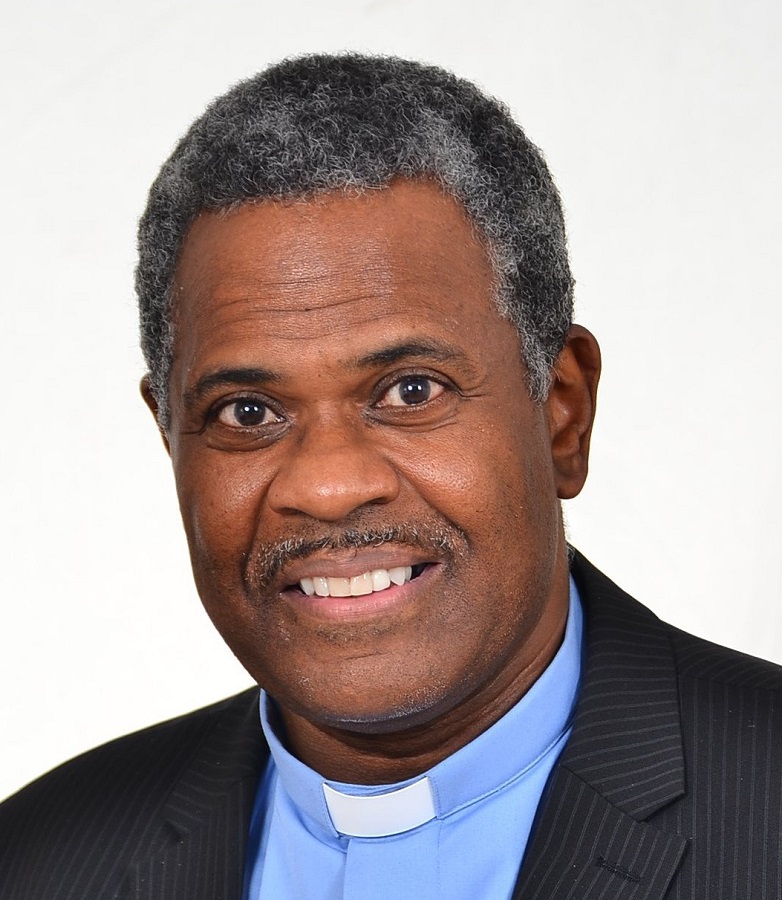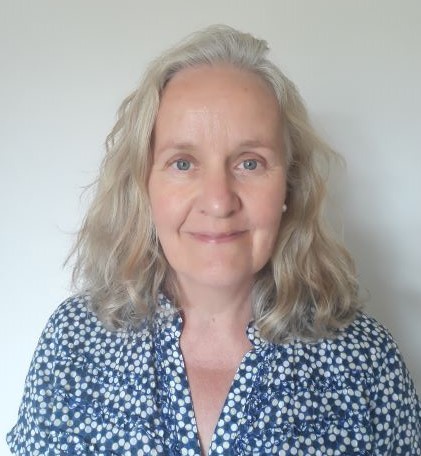Many churches celebrate Remembrance Sunday together. This year there will be restrictions due to coronavirus, but we still want to remember.
This month we offer two perspectives, one from an ex-serviceman now Baptist Pastor, and another from a Quaker…
A Minister at Cannon Street Memorial Baptist Church since 2002, Rev Bryan Scott, who served in the Royal Air Force for 24 years writes…
Our National day of Remembrance allows us to take a moment to ponder the different ways wars have impacted our lives. For many this is our annual opportunity to declare public thanks for the sacrifice so many made for us, so that as citizens of this country we can enjoy peace and freedom.
The week coming into Remembrance Day is always a difficult one for me, the writing of my sermon is heartfelt. My somewhat emotive preaching on this Sunday is underpinned by 24 years in the Royal Air Force. The most difficult thing that gets me every time is not just that they (my comrades and those who served before them) died, but also the way they died. These are memories that will never leave me. Still, I continue to seek God’s grace when I remember the many conflicts that our armed forces have endured and how those conflicts have shaped, taken and touched the lives of countless people in this world.
Christians have always paid an important role in the armed forces, whether it is praying for our country or being leaders on the battlefield. But what is really worth the cost of a single life lost in war?

Every soldier knows the battlefield is a nasty place, yet that very same soldier hopes their sacrifice will help to make a difference, they hope their sacrifice will make this world a better place!
On this day when we think of the names of those who died so that we could have peace and freedom, we acknowledge those that are still suffering as a result of past wars.
I am thankful for the work of the British Legion, who work tirelessly to alleviate suffering among ex-service men and women and their families.
As Christians who continue to build the Kingdom, we must include all those who have suffered the consequences of war. November 11 is specifically focused on the memory of servicemen and women, but as Christians as we give thanks for the sacrifice of others who gave their life, we intercede for the suffering of all on behalf of this nation.
Thinking of the sacrifice of others we think too about the ultimate sacrifice that Jesus made for us all to bring us back to God. St. John put it well when he said: “Greater love has no one than this that one lays down his life for his friends.” This reconciliation is a gift that we can receive simply by asking Christ to come into our lives. As the apostle John put it: “But as many as received him, to them he gave the right to become children of God, even to those who believe in His name.” (John 1:12)
Jesus instructs us ‘take up your cross and follow me’ to do this we must continue our work towards peace and justice this is the way we honour those who gave their life, this is the way we really remember.
As we stand in silence, pausing for a moment as a community of faith, let us continue to be Christians who can learn from the painful loss and destruction of war. Amen.
Rev Bryan Scott is Senior Pastor at the Cannon Street Memorial Baptist Church in Birmingham. He joined the RAF at 16 years of age and went on to be an aircraft engineer on fast jets, a training instructor and a recruitment officer. After 24 years he left the service and trained for the ministry. Bryan’s passion today is being an ambassador in the world for the Christian faith and helping people to discover and fulfil their God given ministries while working across cultural and denominational boundaries for Christian unity.
Marigold Bentley serves as Head of Peace Programmes and Faith Relations for Quakers in Britain. She writes…
Every year in November, Quakers across Britain are challenged by the tone of the national commemoration of Remembrance. The pain and sadness of the futility of war can be diminished alongside what appears to be the glorification and commercialisation of the act of remembrance. As an historic peace church, the challenge has many layers. How we do we annually honour that promise made to millions in 1918 that it was the war to end all wars? Dare we remind everyone at this time that war is failure? How do we engage, at this time of intense reflection, without offending? Should our voices be raised alongside those who use the opportunity to glorify war or should we sit quietly to one side and whisper the hope that wars will end? How can we frame our longing for peace and no war alongside respecting those who have given their lives in service? How do we commemorate those who made the sacrifice of service of another kind – that of the conscientious objectors?
Quakers in their local meetings make locally based decisions about whether to participate in wreath laying and readings at religious services. Quakers everywhere are a part of our local communities. We are keen to take part in important events in the life of the community, especially when this brings people of different faiths together. Yet at the same time we need to be true to our peace testimony. Consequently, the commemorative activities take many forms.

Quakers in their local meetings make locally based decisions about whether to participate in wreath laying and readings at religious services. Quakers everywhere are a part of our local communities. We are keen to take part in important events in the life of the community, especially when this brings people of different faiths together. Yet at the same time we need to be true to our peace testimony. Consequently, the commemorative activities take many forms.
The white poppy, sold and promoted by the Peace Pledge Union, is a public reminder of the need for peace. Many Quakers wear both a red and white poppy to acknowledge everyone at this sensitive time of year. Others wear a white poppy only, to give a direct message that they are positively for peace. Some Quakers make a white poppy wreath and deliver it alongside other wreaths to the local war memorials. They may do this during the morning service on Remembrance Sunday or at another times. Others simply wear their white poppies as a witness.
For those Quakers who are serving on their local council or within the Local Churches Together groupings, decisions have to be made about the choice of readings and prayers. Careful judgement has to be made about what can be said that fits with the Quaker vision alongside the other views and opinions held. I have had the sad experience of a Quaker mayor using the reading from Isiah 2.4 “they shall beat their swords into ploughshares, and their spears into pruning-hooks; nation shall not lift up sword against nation, neither shall they learn war any more” and a number of the military personnel present walked out of the service. A number of relationships had to be restored following that experience, and bridges built.
The stories of conscientious objectors are vital to encourage an alternative narrative to the one which claims that war is inevitable. The lives of those who held true to the understanding that killing others is wrong and that there has to be another way of dealing with difference need to be told and marked – perhaps even celebrated. Their motivation, often from a deep Christian faith, must be understood, alongside those who also felt it was right to serve in another way. For Quakers, we feel we owe it to the next generation to tell of how change can come about and differences dealt with which don’t involve bloodshed. Our hope and our commitment is to work towards an end to all war. How we mark Remembrance in our varying ways is part of our vision and part of our story.
Marigold Bentley is the Head of Peace Programmes and Faith Relations for Quakers in Britain. She has also worked for Quakers at the United Nations in New York, on peace education in Northern Ireland and in Former Yugoslavia and on community peacebuilding.